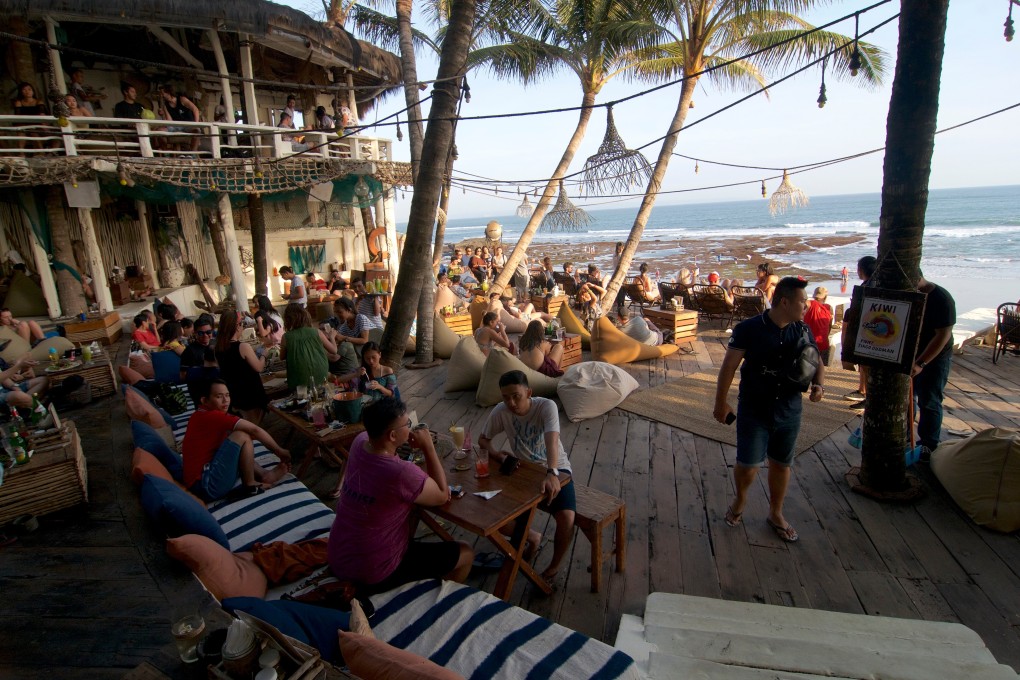Destinations known | Will Indonesia’s proposed alcohol ban be the last call for Bali’s tourism industry?
- The Indonesian government has resumed deliberation of a controversial bill to ban booze
- Tourism officials on the Island of the Gods are worried, despite an expected exception for visitors

Pre-pandemic Bali had much to offer those in search of a traveller-friendly tropical paradise: superb surf, stunning sunsets and a laid-back lifestyle, all washed down with an Aussie-cold Bintang on the beach. But perhaps that’s a past that has no future.
On November 10, Indonesia’s House of Representatives resumed deliberation of a controversial alcohol prohibition bill, reports The Jakarta Post. First proposed in 2015, if it were to pass, “the bill as it currently stands would impose a nearly nationwide ban on the production, distribution and consumption of drinks with an alcohol content from 1 to 55 per cent”. Anyone caught consuming booze would face up to three years in prison and a fine of 50 million rupiah (US$3,543). Now, that’s an expensive bar tab.
The Antipodean media was expectedly outraged, equating all 17,000 islands of the Muslim-majority country with its beloved Bali and pondering what an alcohol ban might mean for any post-pandemic visits to the Island of the Gods.
“Australian tourists could be thrown in hellhole Bali JAILS for just a sip of Bintang under shock new alcohol bans being debated in Indonesian parliament,” shrieked the Daily Mail Australia (emphasis theirs) in response to the news. The Sydney Morning Herald (SMH) took a slightly more sober approach, suggesting that it “would scare off Aussie tourists and stop a post-coronavirus economic recovery dead in its tracks”.
Tourists will think why should they go to Bali for a holiday when they can’t even enjoy a bottle of beer?
The bill’s resumption was put forward by 18 lawmakers from the Islam-based United Development Party (PPP), two from the Islamist Prosperous Justice Party and one from the nationalist Gerindra party, the aim being to protect the public “from the negative consequences of alcohol consumption”. It should be noted that Indonesia is a largely abstemious nation – in 2018, The Jakarta Post called it “the most sober country in Southeast Asia”, based on the findings from a World Bank report.
